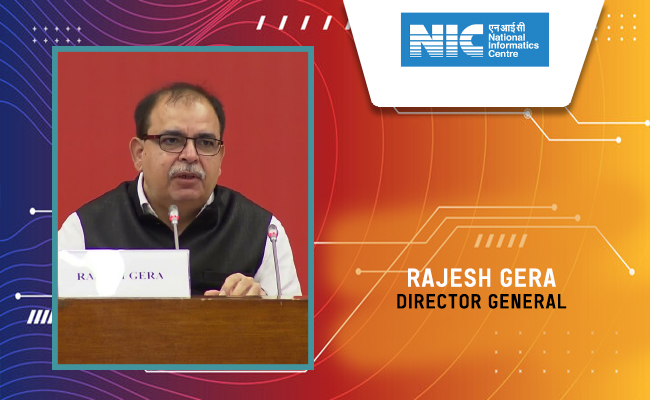Tax Policy for the Social Media To be Loud and Clear
By MYBRANDBOOK

A report says, Google, Facebook made Rs. 10,000 crore in India and paid just Rs. 200 crore as tax in India. Now Modi 2.0 government plans to bring companies that derive revenues from Indian users but pay taxes elsewhere into the corporate tax net.
So there is an urgency need of the Data privacy law, so that Personal Data Protection Bill mandates storage of personal data on a server or in a data center located in the country, citing the need to protect the autonomy of individuals and their personal data. The bill, considered by the government, approval awaited from the government.
Now a million-dollar question comes on how much Google pays tax to the Government with their subsidiaries here and making a lot of money.
Whereas, If any other Indian company would have done the same business - online or offline - they would have ended up paying a lot of taxes, so we must know on how much tax they pay to our country, a subject and matter expert says.
Facebook has nearly 300 million users in India, which is no.1,followed by USA, and WhatsApp had 200 million users in the country, making it the largest user base for both firms by touching about 500 Million users, doing a good business. Facebook had posted a profit of Rs 40.7 crore on revenue of Rs 341.8 crore in fiscal 2017-18. Facebook’s FY18 numbers are not available yet. In September, Reuters citing unnamed sources, had reported that Facebook is expected to generate revenue of $980 million from India in 2018. Absolutely, the tax amount to be paid to the Government has not come yet. Sources said, as India recentky had the General Election in 2019,a huge amount has been spend by the political parties.
As published in economic times, In fiscal 2018, Google India reported a 30% increase in revenues to Rs 9,337.7 crore with profit after tax rising 33% to Rs 407.2 crore. The amount transferred for “purchase of advertising space”, increased by 36% to Rs 4,949.6 crore, according to regulatory filings.
Realising the fact that India was losing out on revenue from digital firms billed overseas, the government in June 2016 introduced a 6% tax in the form of an equalisation levy or known as Google tax on the amount paid to internet companies by advertisers.
In the Union Budget 2018-19, the government also proposed to amend the Income Tax Act to tax digital entities with a large user base or significant economic presence in the country.
Experts says, India is still losing out on tax revenues since it is not valid on services such as annual or monthly subscriptions to streaming websites, and amount paid for the promotions through platforms such as Facebook.
Now, data localisation seems to be government’s latest vision to get the actual business they have done in India then India can get the dues.


Legal Battle Over IT Act Intensifies Amid Musk’s India Plans
The outcome of the legal dispute between X Corp and the Indian government c...

Wipro inks 10-year deal with Phoenix Group's ReAssure UK worth
The agreement, executed through Wipro and its 100% subsidiary,...

Centre announces that DPDP Rules nearing Finalisation by April
The government seeks to refine the rules for robust data protection, ensuri...

Home Ministry cracks down on PoS agents in digital arrest scam
Digital arrest scams are a growing cybercrime where victims are coerced or ...


Icons Of India : Deepak Sharma
Deepak Sharma spearheads Schneider Electric India. He brings with him ...

ICONS OF INDIA : VIJAY SHEKHAR SHARMA
Vijay Shekhar Sharma is an Indian technology entrepreneur and multimil...

Icons Of India : NIKHIL RATHI
Co-founder & CEO of Web Werks, a global leader in Data Centers and Clo...


IREDA - Indian Renewable Energy Development Agency Limited
IREDA is a specialized financial institution in India that facilitates...

NIC - National Informatics Centre
NIC serves as the primary IT solutions provider for the government of ...

IOCL - Indian Oil Corporation Ltd.
IOCL is India’s largest oil refining and marketing company ...


Indian Tech Talent Excelling The Tech World - AJAY BANGA, President - World Bank
Ajay Banga is an Indian-born American business executive who currently...

Indian Tech Talent Excelling The Tech World - RAVI KUMAR S, CEO- Cognizant
Ravi Kumar S, appointed as CEO of Cognizant in January 2023, sets the ...

Indian Tech Talent Excelling The Tech World - Sanjay Mehrotra, CEO- Micron Technology
Sanjay Mehrotra, the President and CEO of Micron Technology, is at the...
 of images belongs to the respective copyright holders
of images belongs to the respective copyright holders